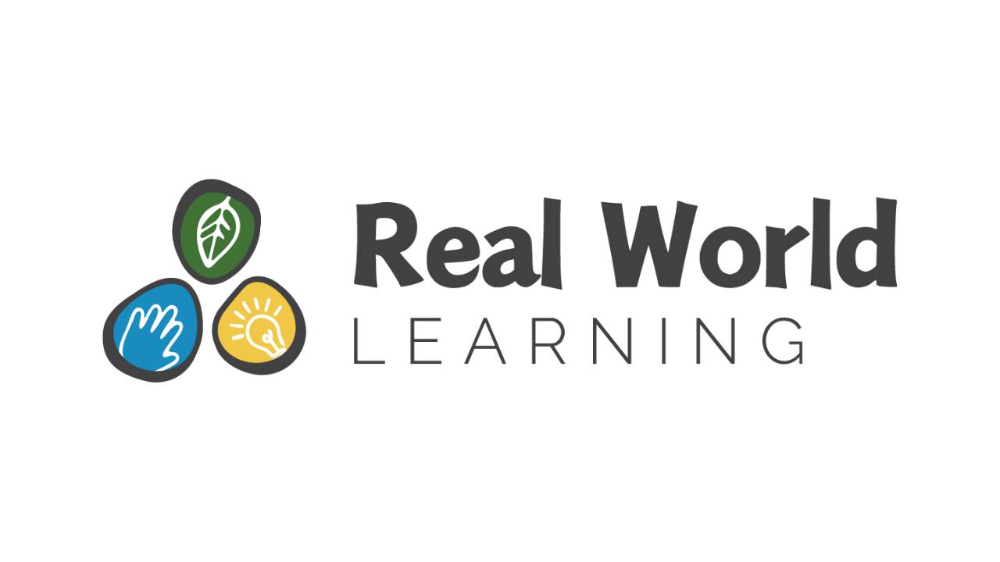Starting Your ECEC Sustainability Journey: A Leader's Guide to Taking the First Steps

As an early childhood education leader, you know sustainability matters - it's in the Framework, the NQF, and families are coming to expect it. But putting out a recycling bin and hoping for the best isn't enough anymore. You want to do more, but where do you start?
Having worked with numerous early childhood services, I've seen firsthand how sustainability can feel overwhelming. But I've also witnessed the transformative impact when centres get it right. In a world where sustainability challenges grow increasingly complex, your early childhood service has unparalleled potential to be a true change-maker.
Why Your Role Matters More Than You Think
Think about it - there are very few other places where you can have such a profound impact on how people understand the world and their place in it. When you help children develop sustainable mindsets and behaviours early, you're not just meeting framework requirements - you're shaping the future. Imagine your centre as a place where sustai...
Opportunity Knocks: Identifying opportunities for improving sustainability

Opportunities to improve sustainability knock everyday, do you answer?
Embedding sustainability is a process of continuous improvement. Incremental actions and ongoing progress. You can’t do everything all at once.
Embedding sustainability is about the small steps you take consistently, every day. Improving and evolving your practice as your knowledge, understanding and confidence develop. Engaging others and expanding your circle of influence.
So, how do you identify opportunities to improve sustainability outcomes in your program and practice?
I like to think of embedding sustainability as an emergent curriculum.
Small steps are the key. How can you take your current practice to the next level?
Over the next few days take some time and look around. Look at what’s happening around you through a sustainability lens.
🔍Reflection: What do you see? What do you hear? What is done consistently? What is done with enthusiasm? What is done begrudgingly?
Take these observatio...
Protecting Biodiversity & Connecting with Nearby Nature

World Environment Day 2024 - Our Land. Our Future #GenerationRestoration
World Environment Day 2024 is bringing focus to the important role we need to play in terms of restoring ecosystems and protecting biodiversity the world over.
Properly functioning ecosystems are what sustain life on Earth - people included. Clean air and water, and healthy soil - the foundations of earth’s natural systems - support all life on earth.
What can you do to help protect the air, water and land?
Think Global. Act Local.
While problems such as climate change, habitat loss and pollution are happening on a global scale, there are many things you can do in your local community, or even within your service that will make a difference.
Acting locally provides the opportunity to explore big issues on a small scale and in a context that makes sense to both children and adults alike.
Here’s some things you can do that contribute to restoring ecosystems and protect biodiversity:
- Plant local indig...
Local Action. Global Impact.

Sustainability can be overwhelming. It feels like such a big problem that there’s just no way anything we do could possibly make a difference…
It’s paralysing. It's easy to feel hopeless...
When we feel like this we will often retreat and stick our head back under the doona, waiting for something to come and save us - some magic bullet.

Many people think it’s only governments, or large businesses that can make a difference. But, often what we see is these massive organisations being dragged along by the smaller, more agile forces in our global systems.
Changing government policy is like turning a giant ocean liner. It’s not quick. It’s not agile. Just ask Captain Edward Smith - captain of the Titanic.
It’s usually governments who are playing catch up…
If we want change, if we want to create a better future for current and future generations then it’s up to us…

In fact, it is the decisions and actions we take everyday that make the difference. They add up. Not just al...
Engaging Others - The first step in embedding sustainability

What’s the ONE THING that keeps sustainability leaders stuck more so than anything else?
Lack of ENGAGEMENT…
I always ask people what their biggest sustainability challenge is and more often than not their reply is the same - getting others on board… Getting others interested... Having to do it all on my own...
Many of us spend months or years spinning our wheels, getting nowhere fast… often just chipping away, barely scratching the surface on our own.
It can be hard to understand why… Surely everyone knows we should be doing more… Just watch the news once in a while…

Maybe that’s the problem…
Sustainability can feel overwhelming, heavy and depressing. It has an image problem.
Many of us feel helpless and hopeless. What I do surely won’t make any difference…
Many of us feel like we don’t know enough about it, lacking confidence, worried we’ll look silly, either in front of our colleagues, or worse, the children!
Then there’s the usual chestnuts - I don’t have time, resour...
Celebration or Token Gesture?

Earth Day is coming up on 22 April, and it’s Nature Play week, closely followed by World Environment Day, National Tree Day, Biodiversity Month, National Recycling Week, NAIDOC Week, Water Week…. The list goes on…
Lots of people ask me what the point of celebrating all these days are, and is it helpful in terms of actually embedding sustainability. Isn’t every day Earth Day!?
My answer is, it depends…
If you do a few things on the day, and that’s it, probably a token gesture and not really moving the needle in terms of embedding sustainability.
BUT…
If you’re strategic, purposeful and intentional about how you celebrate and what you celebrate then that’s a whole other story.
So here’s some things to keep in mind…
Is it relevant or meaningful for your community or program? If you’re celebrating an event just to fill a hole in your program or you think you should, you might want to ask yourself if that’s a good use of your time, energy and resources. If it’s not meaningful to y...
Think Global Act Local

How has the COVID-19 Pandemic changed the way you see sustainability?
I have been thinking a lot about this over the last couple of months. I am in Melbourne and have been in Stage 4 lockdown for what feels like forever. I don’t even know what day it is anymore! But, we are all doing what needs to be done to address the current crisis. That’s a key word right there - crisis…
This crisis has shown that the world can come together to meet a challenge and take swift and decisive action. We can change policies and invest at all levels of government, but it is the actions and decisions of individuals that make the difference - staying home, washing our hands, fronting up for testing... It is us who make the difference! Collective action towards a common goal adds up.
Remember that slogan from the 90's Think Global, Act Local. It's very relevant in this circumstance.

It has changed the way we think about lots of things. I have found I am much more mindful and considered in my ...



